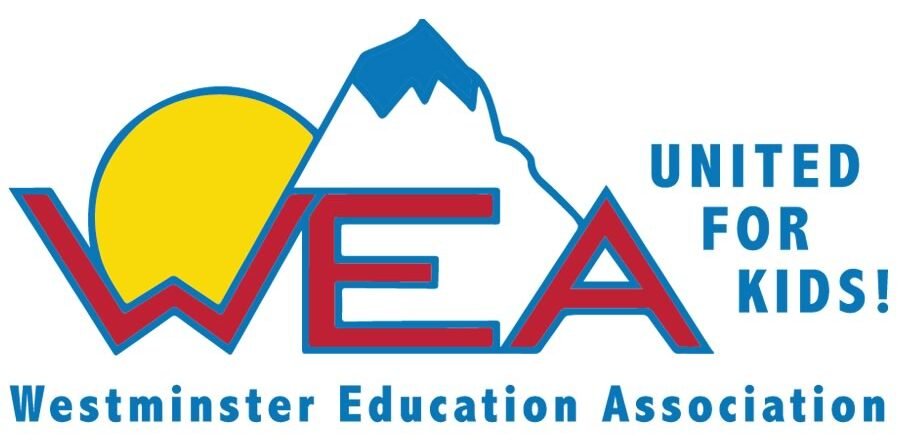If you aren’t angry yet about the Trump Tax scam, you should be. This article in the New York Times clearly lays out how it will produce tax savings for private school families while devastating state revenues that now fund public schools. The author, Nat Malkus, is deputy director of education policy at the right-leaning American Enterprise Institute. After this tax pla, never again let it be said that Republicans believe in local control and states’ rights. They believe in federal dictation, so long as they are in charge.
He writes:
Congressional Republicans, traditional defenders of states’ rights, will deliver an unexpected one-two punch to state tax systems if the current version of their tax bill becomes law as expected.
The tax plan, negotiated behind closed doors, includes an expansion of 529 savings accounts and the partial elimination of state and local tax deductions. These changes will provide new avenues for people to avoid state income tax that states never envisioned. And those states will have a hard time making up the difference.
The first blow would come from expanding 529 college savings accounts, which offer tax advantages to encourage families to save money for college, to cover K-12 expenses, such as private school tuition and home schooling costs.
This amendment by Senator Ted Cruz passed only because of a midnight tiebreaking vote cast by Vice President Mike Pence. Under current law, earnings on contributions to 529 plans are not subject to federal taxes. These investment vehicles work well for college savings because deposits grow tax-free over a long time. Using 529 accounts for elementary or high school tuition, however, substantially shortens that period, making these accounts a minimal boost to school choice.
While this change would have only a small effect on the federal Treasury, it creates outsize impacts on the state income tax bases in the 33 states that instituted state tax deductions and tax credits to encourage 529 college savings. The federal expansion opens these state incentives to an entirely new area of expenditures, allowing private school families to funnel their tuition payments through 529s as a way to avoid state taxes.
Imagine for instance that a family in New York spends $10,000 on high school tuition but has not yet started saving for college. Congress’s 529 expansion opens New York’s $10,000 state income tax deduction for 529 contributions to private school tuition. This family could now open a 529 savings account, briefly park the $10,000 for private school tuition in it, and avoid about $600 in state income taxes.
That modest $600 for families takes a much bigger cumulative toll on New York’s income tax base. With about 465,000 New York private school students, roughly $3 billion might be cut from New York’s income tax base.
While the federal government limits its benefits to $10,000 in annual distributions per student for K-12 expenses, some states offer much larger state tax deductions, and their tax bases would be affected even more than New York’s will be. Illinois, for instance, allows deductions for $20,000 in contributions a year per beneficiary to 529 plans, while Pennsylvania allows $28,000. Colorado, New Mexico, South Carolina and West Virginia have broader tax loopholes: all 529 contributions are fully deductible, so participants’ entire private school tuition could be free of state tax.
With this law, the Republican Congress would be nullifying the intent of state legislatures by creating tax breaks for private school parents that are paid for by reducing state tax bases that pay, in part, for public schools. States did not choose to create tax-free private school tuitions, Congress did.
Not all states will bear the full brunt of this law. States without income taxes, like Senator Cruz’s home state, Texas, have no state income tax deductions for contributions to 529 plans to interfere with their state taxing sovereignty.
The second blow to state education funding would come from the new federal cap on the deductibility of state and local tax payments. Public schools are primarily funded by state and local taxes, partly by local property taxes, and partly by the state, often through income taxes. When districts are too poor to raise enough property taxes to fund schools, the state contributes funds to even the scales with wealthier districts.
Expanding 529 plans to deliver state deductions to private school families will erode the tax base that funds public schools, affecting high-poverty schools the most. By limiting state and local tax deductions at the same time, Republicans would make it harder for states and cities to raise taxes to make up for those shortfalls.
The easiest fix is to eliminate the 529 expansion, a federal action that transfers state tax dollars from the poor to the rich and which won’t substantively increase school choice for those who do not already have it. Doing so would be a principled stand for the party that professes to protect state sovereignty. Not doing so will affirm the worst caricature of Republicans and education — taking money from the poor to give to the rich.
![]()
![]()
![]()
![]()
![]()
![]()
![]()
![]()
![]()

